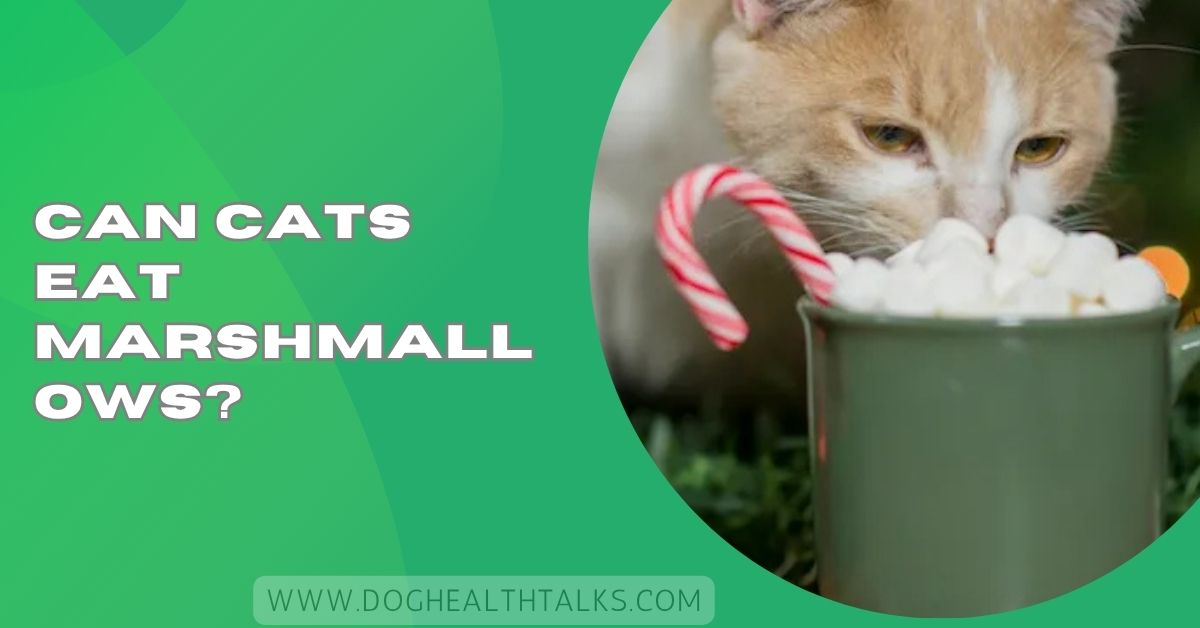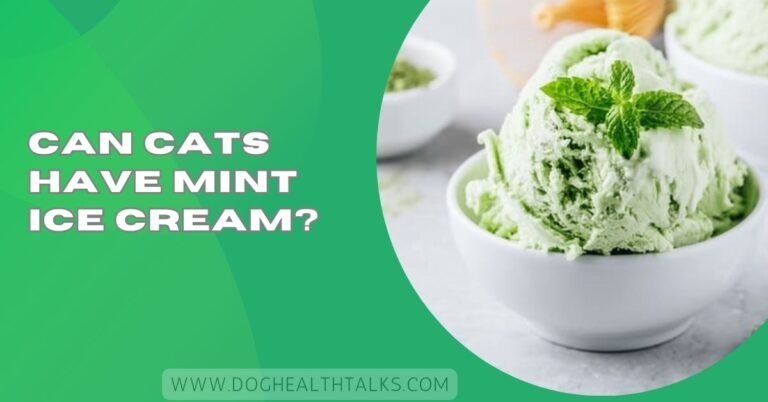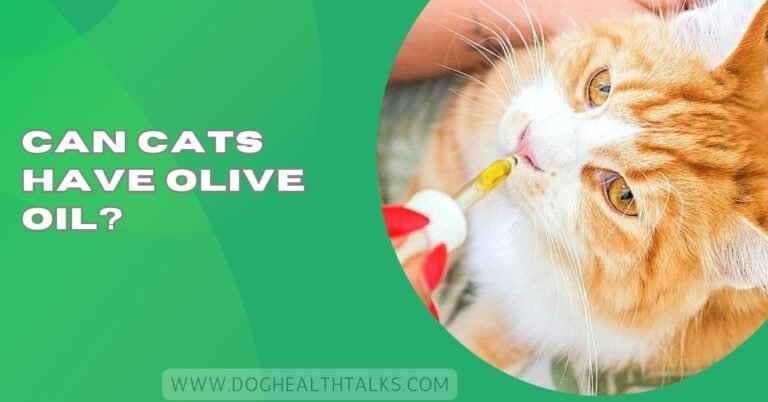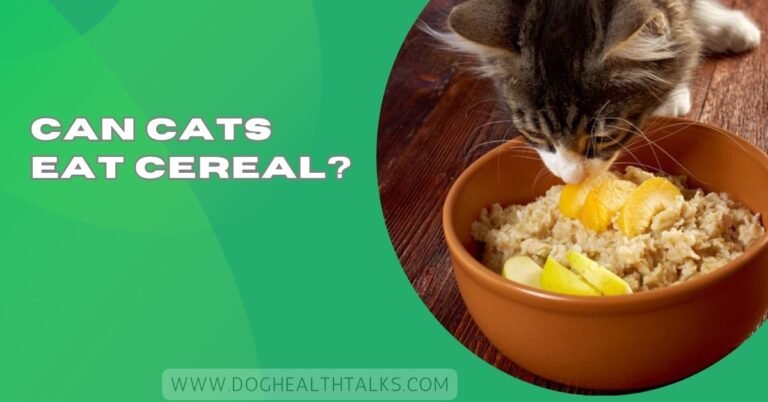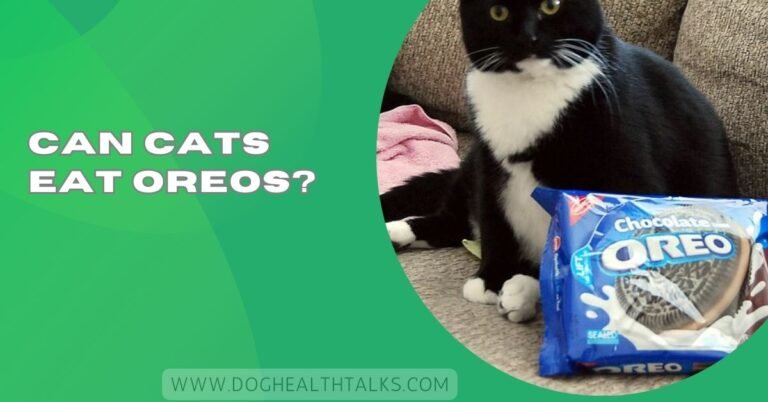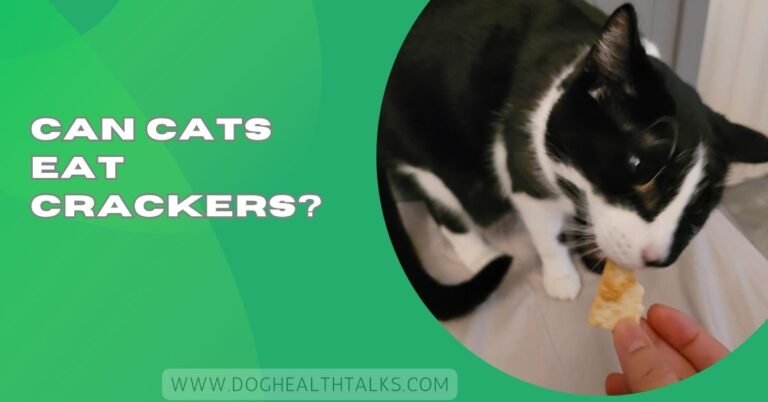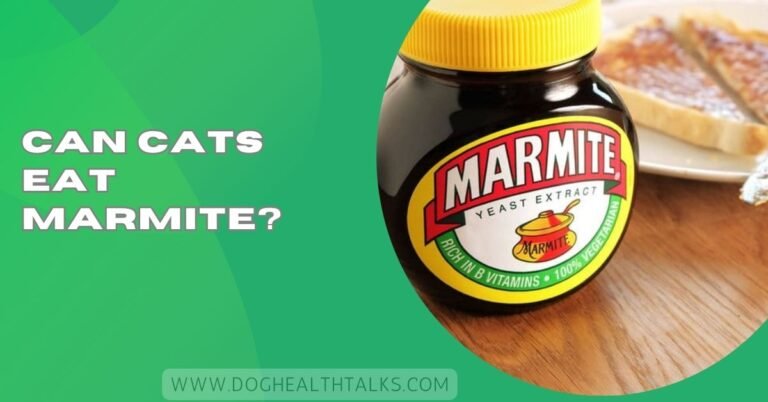Can Cats Eat Marshmallows? – Hidden Risks You Need to Know!
Cats are naturally curious little creatures — they love sniffing, poking, and sometimes even licking things they shouldn’t.
No, cats shouldn’t eat marshmallows. While not toxic, they offer no nutrition and can cause choking or stomach issues. It’s safest to avoid marshmallows and stick to healthy, cat-friendly treats instead.
Let’s take a closer look at why these sugary treats aren’t made for feline friends and what you should do if your cat sneaks one anyway.
What Are Marshmallows Made Of?
Before understanding why marshmallows are bad for cats, it helps to know what’s inside them.
Typical marshmallows are made from sugar, corn syrup, gelatin, water, and flavoring. Some brands add food coloring or powdered coating to keep them from sticking. That might sound harmless to humans, but for cats, it’s a recipe for problems.
- Sugar & Corn Syrup: Cats can’t taste sweetness. Their bodies don’t process sugar the way ours do, so it becomes empty calories that can lead to obesity and diabetes.
- Gelatin: This ingredient isn’t toxic, but it’s also not necessary for cats’ diets.
- Additives & Flavoring: These can irritate your cat’s stomach, especially if artificial flavors or colors are used.
And if you’re thinking about giving a “sugar-free” marshmallow — that’s an even bigger no. Sugar-free versions often contain xylitol, a sweetener that’s highly toxic to cats and dogs, even in small amounts.
Are Marshmallows Safe for Cats?
Not really. Marshmallows are considered non-toxic but unsafe for cats. Here’s why:
- Nutritional Mismatch: Cats are obligate carnivores. They get all their nutrients from meat — not sugar, starch, or plants. Marshmallows have zero protein, vitamins, or minerals that cats actually need.
- High Sugar Content: A single marshmallow contains more sugar than a cat should consume in an entire day. Regular intake could lead to obesity, dental problems, and diabetes.
- Choking Hazard: The soft, sticky texture of marshmallows can easily lodge in a cat’s throat. Cats don’t chew food the way humans do, so they might accidentally choke on it.
- Digestive Issues: Even if swallowed safely, marshmallows can upset your cat’s stomach, causing vomiting, diarrhea, or lethargy.
So while one lick might not send your cat to the vet, these sweet treats should never become a snack or “cute experiment.”
Why Cats Can’t Taste Sweetness
One of the most interesting facts about cats is that they can’t taste sweet flavors. Scientists discovered that cats lack the T1R2 gene, which is responsible for detecting sweetness in food.
So when your cat seems curious about marshmallows, it’s not the sugary taste attracting them — it’s probably the smell, texture, or your reaction while eating them. Cats are often intrigued by what their humans enjoy, even if they can’t understand why.
What Are the Risks If Your Cat Eats Marshmallows?
Let’s say your cat manages to sneak a bite when you weren’t looking. Should you panic? Not necessarily — but you should definitely keep an eye on them.
Here are the main risks:
1. Choking or Airway Blockage
The sticky, squishy texture can easily get stuck in a cat’s mouth or throat. Small cats and kittens are especially at risk. If your cat starts pawing at their mouth, coughing, or drooling, it might be choking and needs help right away.
2. Digestive Upset
Cats’ stomachs aren’t built to handle sugar and artificial ingredients. You may notice vomiting, diarrhea, or a gassy belly within a few hours.
3. Obesity and Diabetes
Even occasional sugary treats can add up. Cats that regularly eat human snacks are more likely to gain weight and develop insulin resistance over time.
4. Xylitol Poisoning (If Sugar-Free)
This is the biggest danger. Xylitol causes a sudden drop in blood sugar and can damage a cat’s liver. Symptoms can appear quickly — vomiting, weakness, tremors, or collapse. If you suspect xylitol ingestion, call your vet immediately.
What To Do If Your Cat Ate a Marshmallow
If your cat only ate a small piece of a regular marshmallow (not sugar-free), it’s likely not an emergency. But here’s what to do:
- Stay Calm and Observe: Watch your cat closely for the next 24 hours. Look for signs of choking, gagging, vomiting, or unusual tiredness.
- Check the Ingredients: If the marshmallow was sugar-free or flavored (like chocolate or mint), call your vet right away. Chocolate and xylitol can be dangerous even in tiny amounts.
- Offer Fresh Water: Encourage your cat to drink. This helps flush out extra sugar and keeps them hydrated.
- Don’t Try to Induce Vomiting: Leave that to your vet. Doing it yourself could cause more harm than good.
- Call the Vet if Symptoms Appear: If you notice drooling, vomiting, diarrhea, or any change in behavior, contact your veterinarian or an emergency pet clinic.
It’s always better to be safe — especially since some cats can react differently to the same food.
Healthier Alternatives to Marshmallows for Cats
Just because your cat can’t have marshmallows doesn’t mean you can’t share a fun treat together! Here are a few healthy, cat-safe alternatives that mimic the experience (without the sugar rush):
- Freeze-dried chicken or salmon – crunchy and protein-packed.
- Plain cooked chicken or turkey bits – cats love the taste of real meat.
- Catnip treats or toys – for a bit of excitement without the calories.
- Cat yogurt snacks – made for feline digestion (avoid dairy or human yogurt).
- Homemade tuna bites – baked with pure tuna and egg for a chewy texture.
If you like to include your cat in special moments (like s’mores night), just give them a cat-safe snack instead of human sweets.
Real Talk: Why Sharing Human Treats Isn’t Love
It’s tempting to share a piece of what we enjoy with our pets. After all, giving them a taste feels like including them in family fun. But the truth is, cats don’t understand “treats” the way we do.
What feels like kindness to us can sometimes cause harm to them. Instead, show love through playtime, cuddles, and proper cat treats. That’s what really makes your furry friend happy and healthy.
Can Marshmallows Kill Cats
Regular marshmallows rarely kill cats, but they can still be dangerous. The sugar and additives may cause illness, while choking is a real risk. However, sugar-free marshmallows with xylitol can be deadly to cats.
Can Cats Eat Mini Marshmallows
No, cats shouldn’t eat mini marshmallows. Even small ones are filled with sugar and sticky ingredients that can upset your cat’s stomach or cause choking. They don’t provide any nutrients cats need to stay healthy.
Can Cats Eat Marshmallow Fluff
Marshmallow fluff is unsafe for cats. It contains sugar, corn syrup, and artificial flavors that can upset their stomachs. Cats gain no benefit from it, so it’s better to keep fluffy treats away from them.
Can Cats Eat Chocolate
No, cats should never eat chocolate. It contains theobromine and caffeine, which are toxic to cats and can cause vomiting, seizures, or even death. Always keep chocolate and cocoa products far from your cat’s reach.
Can Cats Eat Mango
Yes, cats can eat a tiny bit of ripe mango safely. Remove the peel and seed first. Mango isn’t toxic but should only be an occasional treat since it’s sugary and lacks nutrients cats truly need.
Do Cats Like Marshmallow Flavor Medicine
Some cats might tolerate marshmallow-flavored medicine, but most don’t care for sweet tastes. Cats can’t taste sugar, so the flavoring doesn’t attract them. Always give medicine recommended by your vet, not human sweetened products.
Frequently Asked Questions
Will a marshmallow hurt my cat?
Yes, it can. Marshmallows may cause choking, upset stomach, or weight gain. It’s safer to avoid giving them.
Why do cats love marshmallows?
Cats don’t love the sweetness. They’re just curious about the smell, texture, or watching you eat marshmallows.
What sweets can cats eat?
None. Cats shouldn’t eat sweets since they can’t taste sugar and it may upset their stomach or harm their health.
Can pets eat marshmallows?
No, pets shouldn’t eat marshmallows. They contain sugar, gelatin, and additives that can cause stomach issues or choking hazards.
Can cats play with marshmallows?
It’s not safe. Cats might accidentally swallow or choke on them. Use soft cat toys instead of real marshmallows.
Which marshmallows contain xylitol?
Sugar-free marshmallows may contain xylitol, a sweetener that’s highly toxic to cats and dogs. Always check ingredient labels carefully.
Are marshmallows harmful to animals?
Yes, they can be. Marshmallows cause choking, stomach upset, and obesity. Sugar-free ones with xylitol are especially dangerous.
What kind of food is irresistible to cats?
Cats love high-protein foods like chicken, fish, and tuna. These smell strong and match their natural meat-based diet.
What candy is toxic to cats?
Chocolate, sugar-free candy with xylitol, and anything with caffeine or raisins are very toxic and dangerous for cats.
Conclusion
Marshmallows may seem harmless, but they’re not a good choice for cats. Even though they aren’t toxic, their sugar, sticky texture, and lack of nutrition make them unsafe. A small bite might not cause serious harm, but it can still lead to choking or stomach problems — especially for kittens.
If your cat accidentally eats a marshmallow, stay calm, check the ingredients, and watch for any signs of sickness. Avoid sugar-free types at all costs since xylitol is extremely dangerous to cats.
Instead of sharing sweets, offer your feline friend healthy, protein-rich treats or some extra playtime. Showing love through safe treats and care is the sweetest gift you can give your cat.
